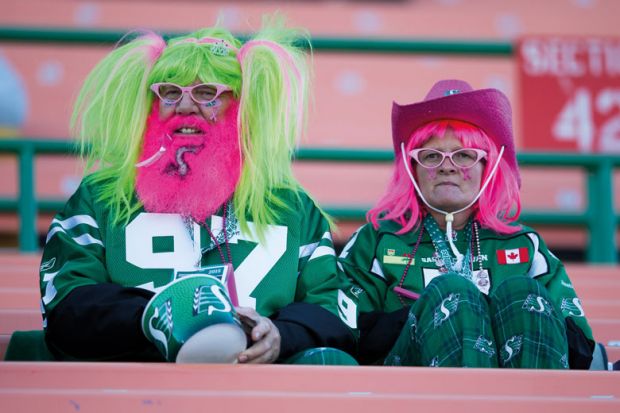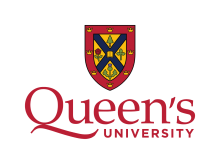Canadian universities are making stronger pushes towards identifying faculty who have made false claims of having an Indigenous identity, encouraging native communities despite an overall mistrust of government-led efforts.
In one of the most recent examples, Queen’s University apologised over a case in which six faculty were regarded as falsely claiming Indigenous status, a designation that often brings institutional preferences in areas such as hiring rights and the creation of academic content.
The university issued a report promising to recognise as Indigenous only those faculty with both Indigenous citizenship and a lived experience as Indigenous.
The case followed that of Carrie Bourassa, who resigned from her position as a professor of health at the University of Saskatchewan after her university promised to pursue an investigation into her claims of Indigenous heritage and to implement a more general review of its policies in this area.
About 1.7 million Canadians – around 5 per cent of the nation’s population – claim native origins. Some Indigenous experts acknowledge that the criteria for assessing indigenous identity are complicated and vary among tribal communities and leaders, often requiring universities to make difficult judgement calls.
For many years Canada’s universities have done a poor job in negotiating that problem, too often hiding the controversy rather than examining it, according to Niigaanwewidam Sinclair, a professor of native studies at the University of Manitoba.
But more recently, Professor Sinclair said, “the number of issues that are coming to light suggests that they’re improving.”
The Queen’s case involved six faculty identified a year ago by a group of Indigenous academics as having dubious claims to a native affiliation. The university’s newly issued report was prepared by an Indigenous advisory firm it hired, and its recommendations include removing the six from any positions of influence over Indigenous courses until they can prove their Indigenous status.
Professor Bourassa, meanwhile, attributed her identity as Métis – a term referencing various cultural and ethnic identities with native and European origins – to the childhood care of a friend of her grandfather, even though she was raised in a white middle-class family of European origins in Saskatchewan’s capital city, Regina.
Professor Sinclair, while not commenting on any specific cases, said that Canada’s Indigenous peoples do regard their identity as a matter of kinship rather than ancestry. He cited a professor in Toronto – whom he did not want to name – as having been adopted into the Ojibwe community despite lacking an Indigenous bloodline.
In other cases, Professor Sinclair said, someone with genealogical Indigenous lineage but a lack of Indigenous community ties might not be regarded as Indigenous. Even that, however, could be a temporary status, he said, noting such cases as children who were forcibly removed from their Indigenous families. “Indigenous communities are very welcoming back for those who have high amounts of ancestry,” he said.
Attempts to impose definitions at the level of the federal government are often rejected by Indigenous communities as having political motivations, Professor Sinclair said. “It’s inconsistent,” he added, “which is why universities have to develop policies on their own.”
With so much ambiguity, some universities are turning back to Indigenous leaders for guidance. Queen’s has promised to set up an Indigenous Oversight Council, with membership consisting of local Indigenous scholars and community representatives.
That approach was endorsed by the chancellor of Queen’s, Murray Sinclair, a leading advocate for Indigenous peoples in Canada, who served as chief commissioner of the Truth and Reconciliation Commission of Canada.
“It is not the role of a colonial institution like Queen’s to determine who is or is not Indigenous,” Mr Sinclair said in announcing plans for the council.
Register to continue
Why register?
- Registration is free and only takes a moment
- Once registered, you can read 3 articles a month
- Sign up for our newsletter
Subscribe
Or subscribe for unlimited access to:
- Unlimited access to news, views, insights & reviews
- Digital editions
- Digital access to THE’s university and college rankings analysis
Already registered or a current subscriber? Login










